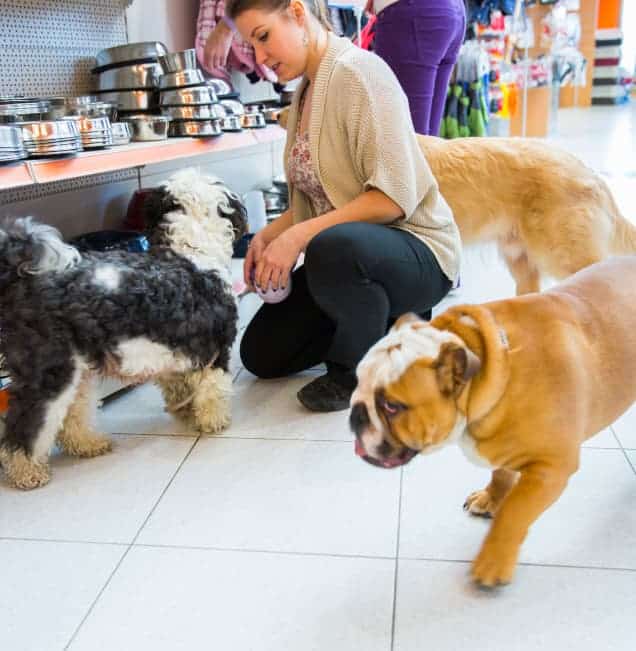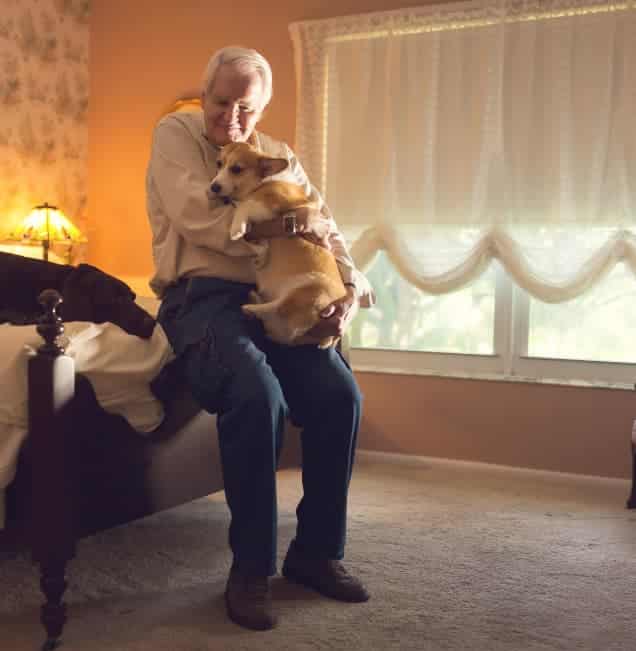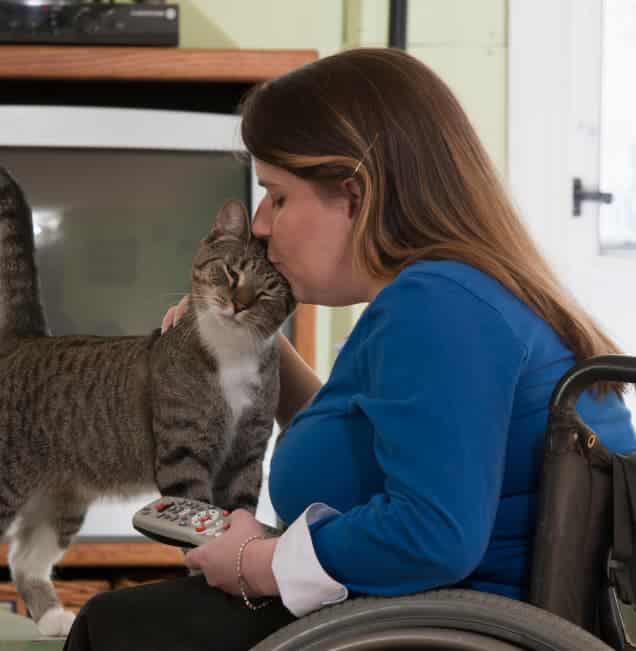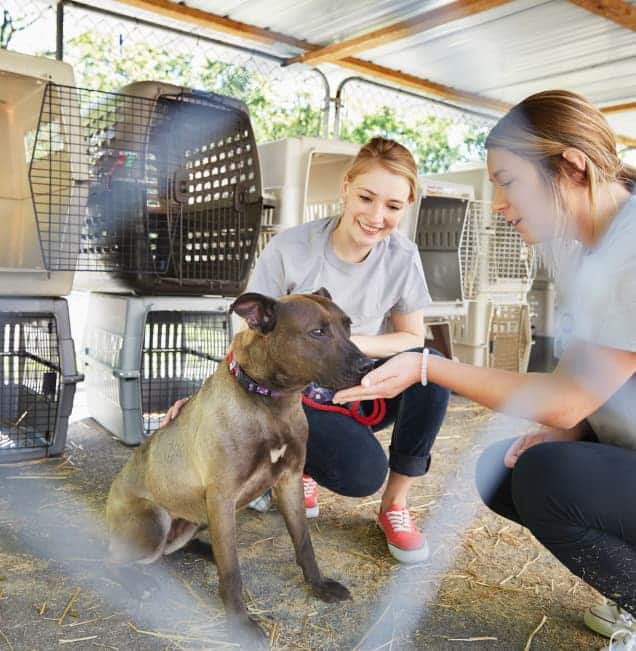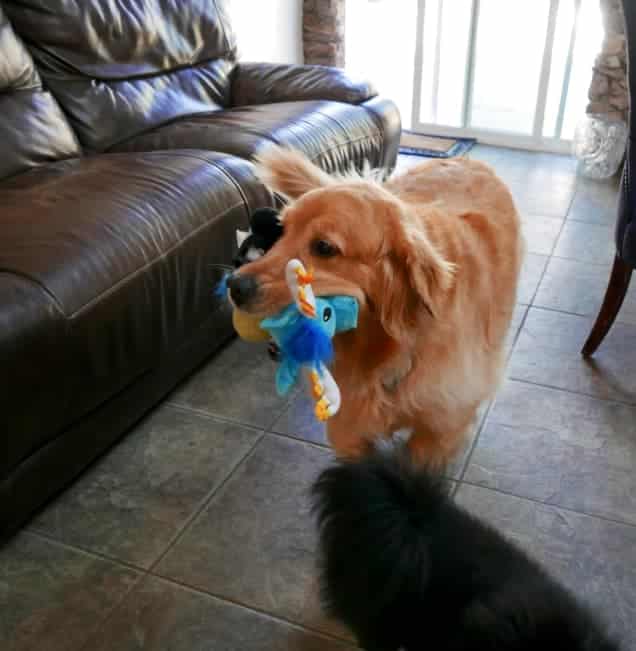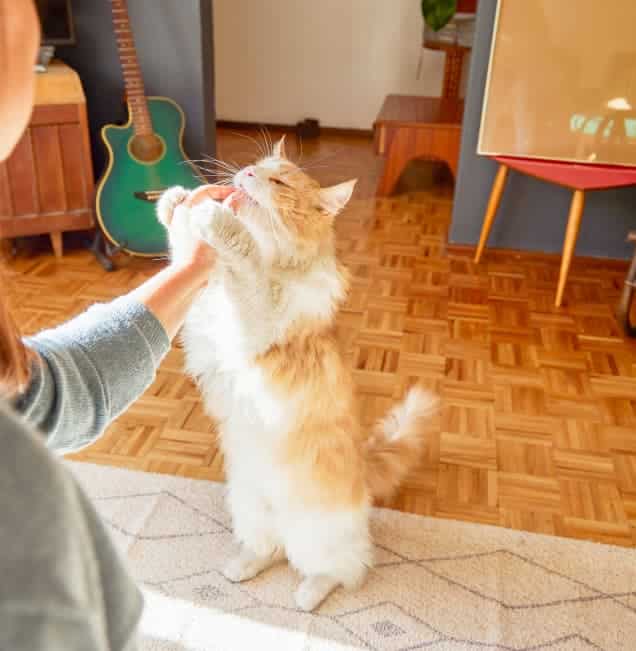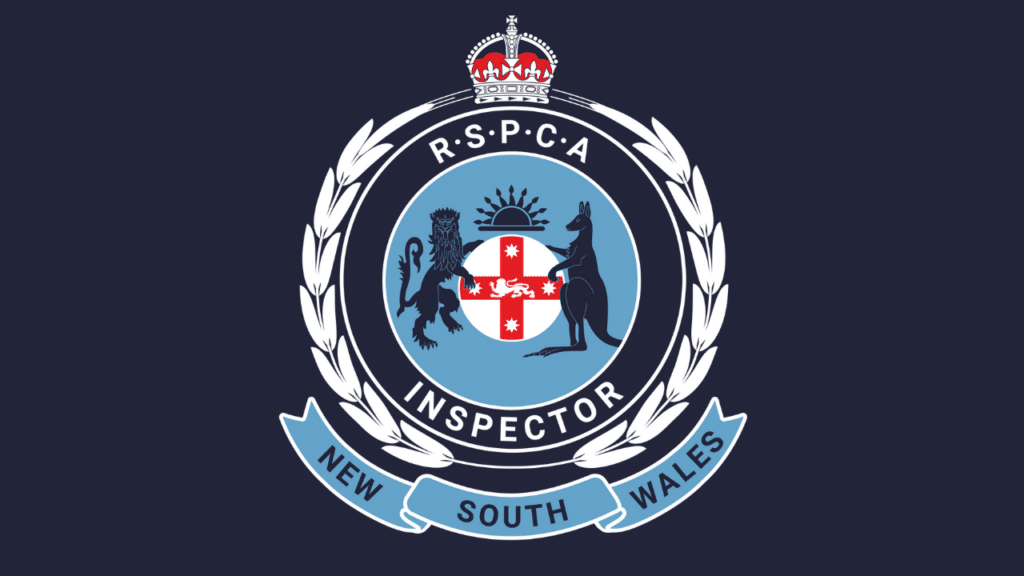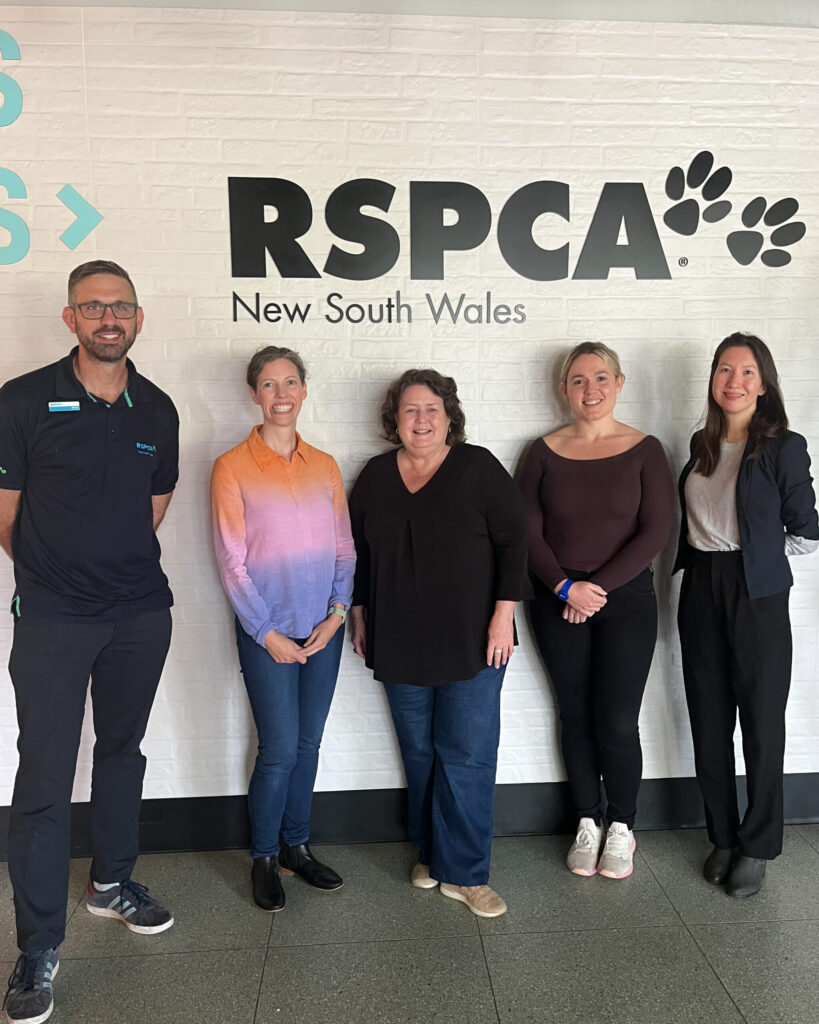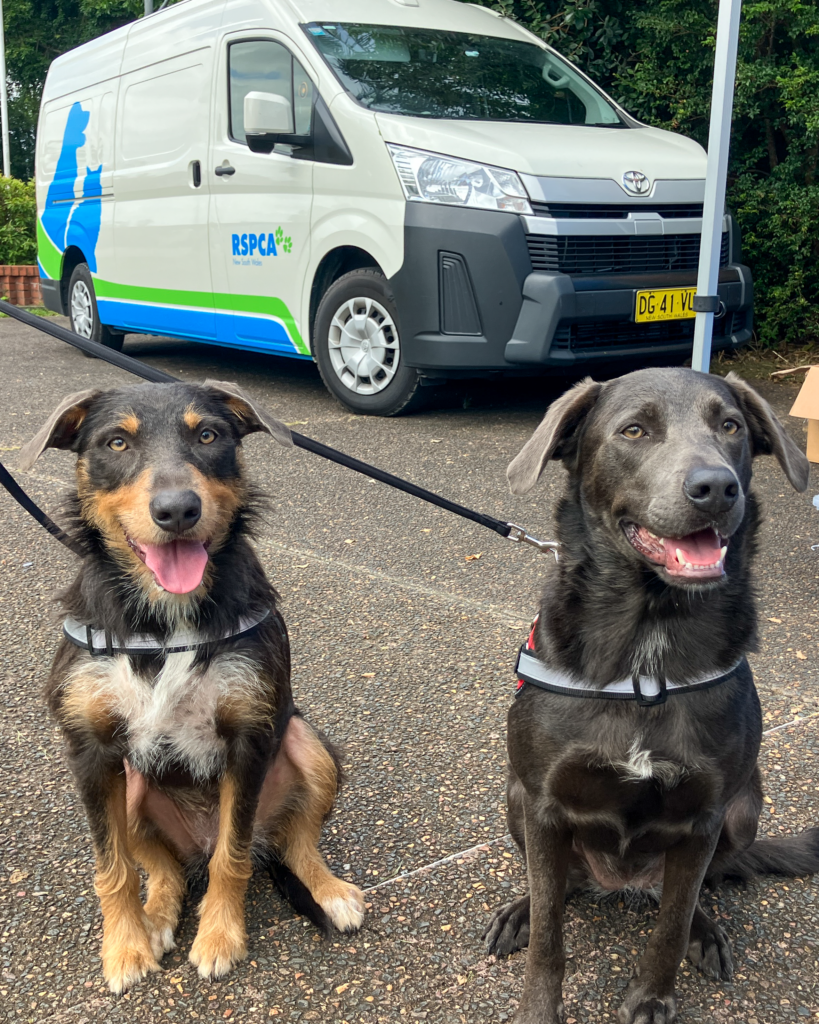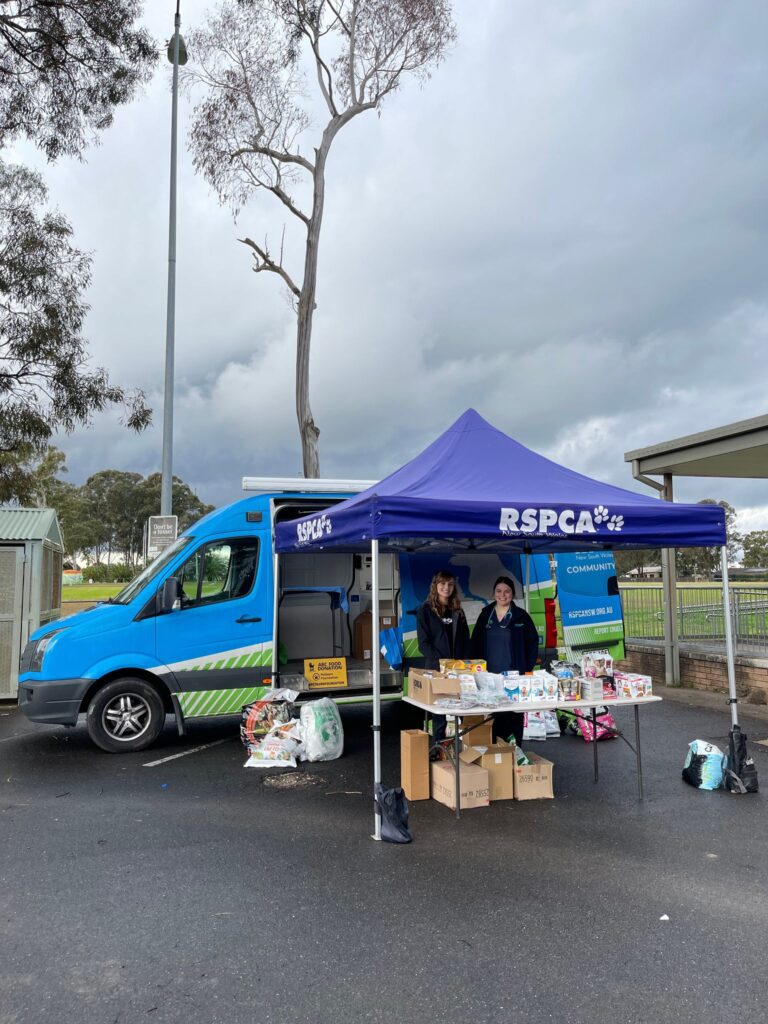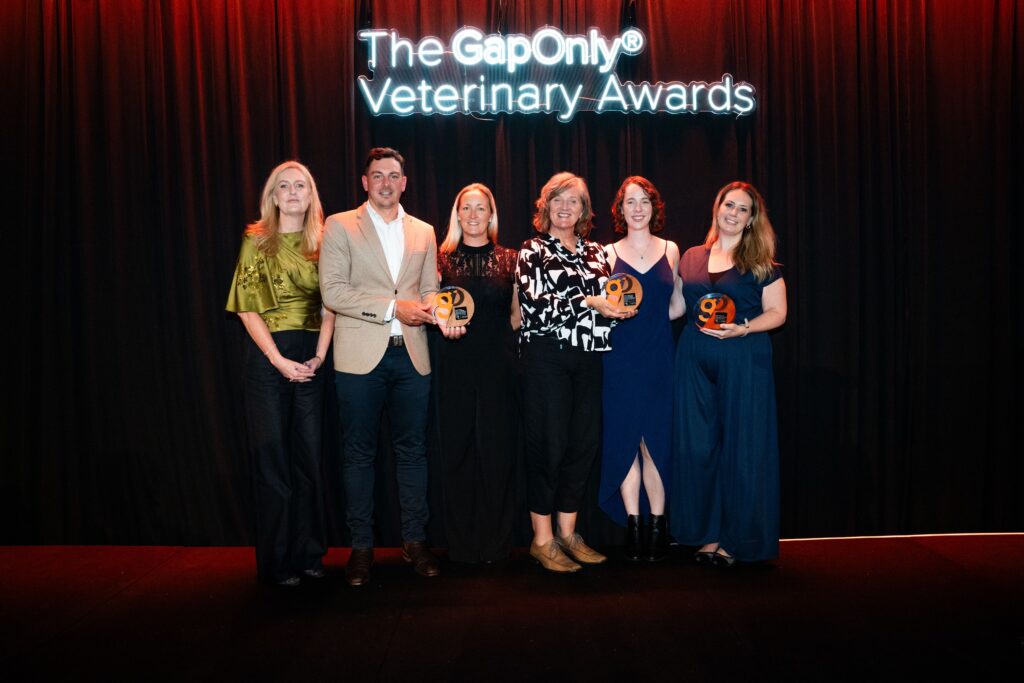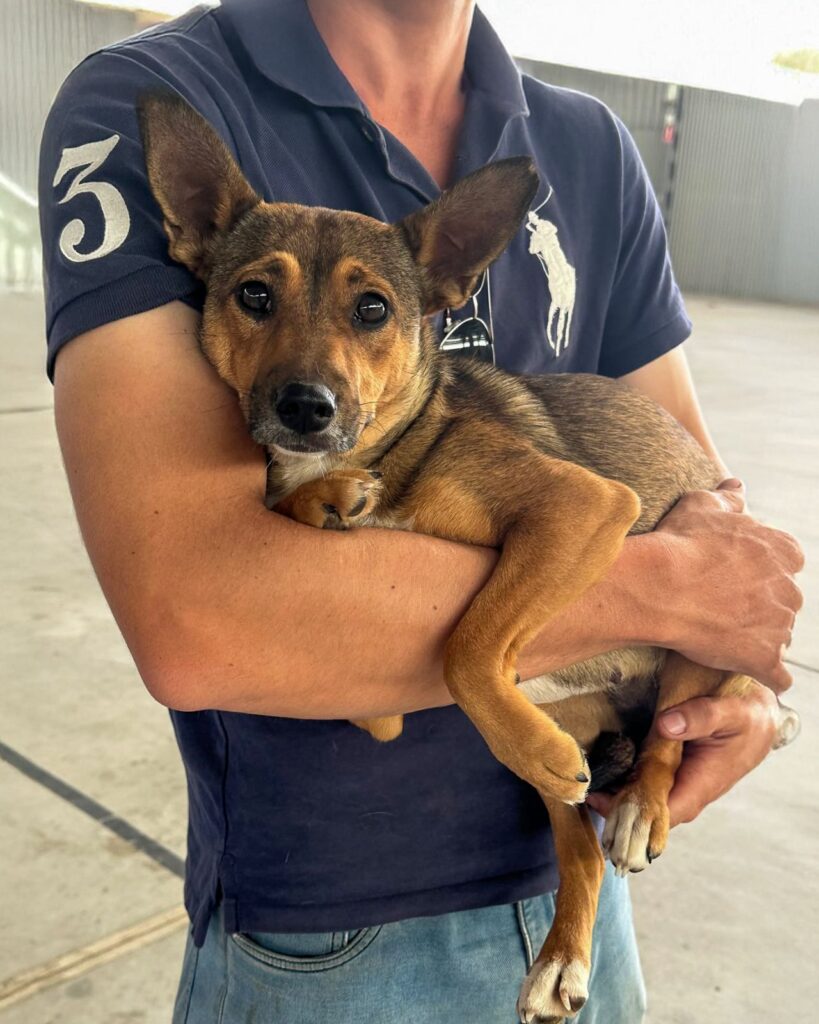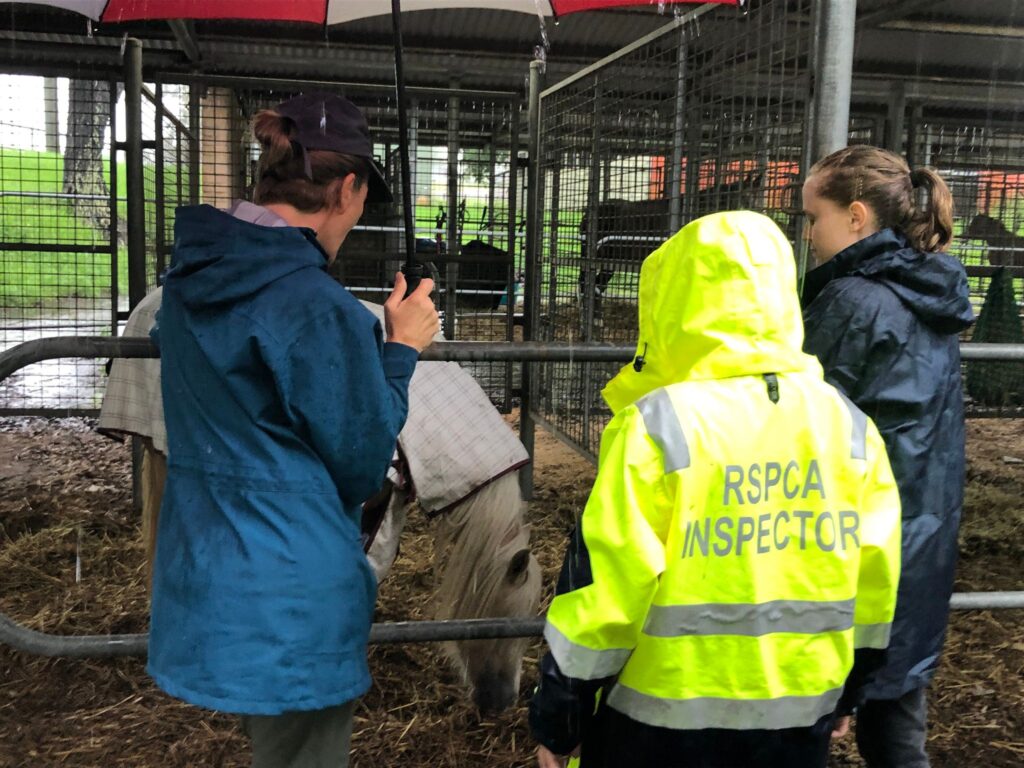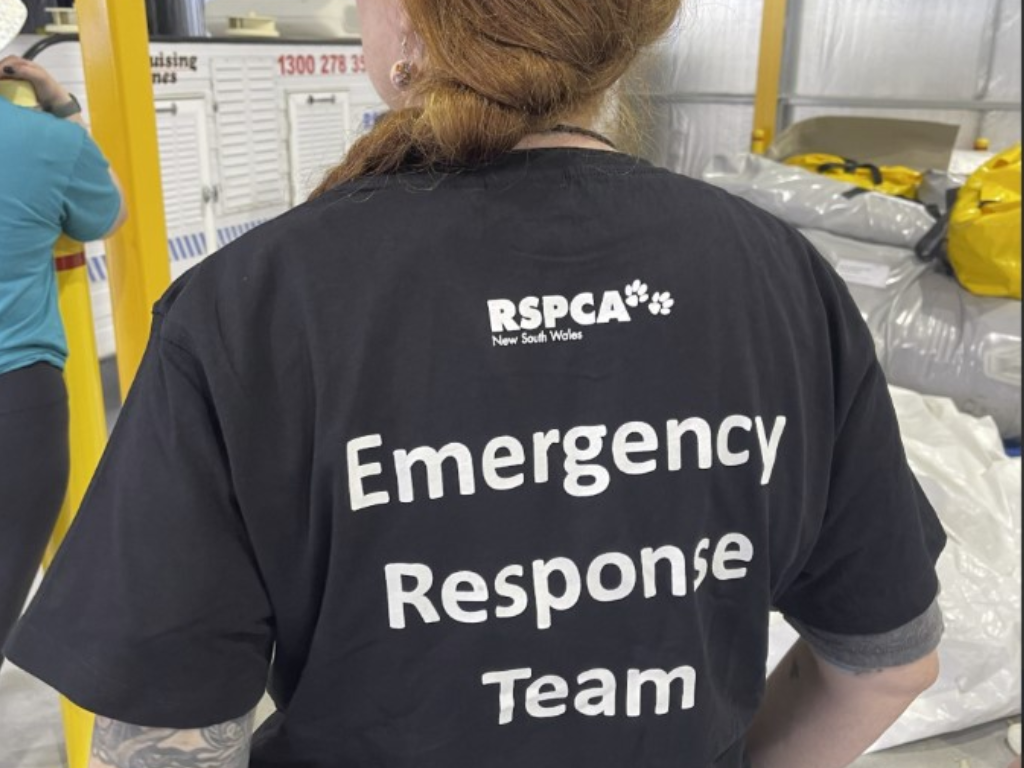Due to several positive cases of Feline Panleukopenia (FPV), our Sydney Adoption Centre will not be accepting new kittens until Thursday, 24 April. Three of our cat wards are currently under quarantine, meaning we do not have anywhere to safely house incoming kittens until we can ensure that some of these wards are safe for new arrivals. If you a find a sick stray kitten, please take it to your local veterinarian for a check-up.
What is panleukopenia?
Feline Panleukopenia (FPV) is a highly contagious virus. It is similar and closely related to parvovirus in dogs.
What are signs of panleukopenia?
Common signs of infection include loss of appetite, extreme lethargy, vomiting, fever, and (sometimes bloody) diarrhoea. Diarrhoea can range from mild to potentially life-threatening, which is why it’s important to monitor your cat and seek urgent veterinary treatment if you observe your pet presenting with any of the symptoms above.
What if my cat and I live close to an area that had a breakout?
Make sure any cats at home have had their yearly vaccination for protection against the virus. If you are unsure, please contact your local veterinarian or nearest RSPCA NSW Veterinary Hospital.
How is the virus transmitted?
Feline Panleukopenia (FPV) is extremely contagious. Infected cats primarily transmit the virus through the faecal-oral route, which occurs when a cat has contact with infected faeces. However, contaminated clothing, bedding, food bowls, and fluids like urine, saliva, or vomit can all also serve as highly contagious sources of transmission.
In addition, FPV is highly resistant to the cold and heat, both humid and dry conditions, and even certain chemical cleaning substances. Much like Canine Parvovirus, the virus can remain infectious in the environment for more than a year if contaminated surfaces are left untreated.
How long does the virus last?
The virus itself is very resilient in the environment and continues to be shed from affected cats or cats who have overcome the disease for up to two months. The virus can persist in the environment for up to one year, including on the surface of food bowls, bedding and litter trays.
The incubation period is between two and 14 days. However, cats can shed the virus into the environment two to three days before they show symptoms.
Symptoms of the virus are usually visible within five to seven days. The incubation period is the time frame between the cat’s contact with the virus and the appearance of clinical signs.
Is the virus treatable?
Yes! While Feline Panleukopenia (FPV) currently has no cure, it can be treated with rigorous supportive therapy. The mortality rate in kittens is close to 90%, which is why seeking early veterinary treatment is essential for the health and safety of affected kittens.
FPV is a part of the vaccine series recommended for all cats. Adult cats that are up to date on their vaccinations are at minimal risk of being affected by the virus, which is why it’s crucial to ensure your pet’s protections are up to date.
How soon after vaccination are cats protected?
Generally for kittens, two vaccinations are needed – the first injection at eight to nine weeks of age and the second injection three to four weeks later. The first booster is needed one year later. As with canine parvovirus, protection only occurs two weeks after the last booster vaccination.
For kittens in high-risk environments and in certain cases, the third vaccination is recommended at 16-20 weeks old. Veterinarians often stock a modified live vaccine that should offer protection after seven days of being administered. Booster vaccinations are essential for kittens younger than 16 weeks old to ensure lasting protection. If you are unsure how many injections your kitten needs, please consult with your regular veterinarian.
Can dogs catch FPV?
No. Panleukopenia specifically affects felines, so dogs are not at risk of infection. It is important to remember dogs are similarly affected by Canine Parvovirus (CPV) which, like FPV, can only be treated with intensive supportive therapy. Thankfully, there is also a very effective CPV vaccine available, meaning it’s essential to ensure your pet is fully vaccinated, no matter what kind of fur friend you look after.
Can a human catch FPV?
No, humans cannot catch the virus.
Can I still adopt a cat or kitten from the Sydney Adoption Centre?
Although we aren’t currently accepting any surrendered or sick stray kittens, you can still adopt cats and kittens from our Sydney Adoption Centre.
Our cats and kittens are our family and they should be protected at all costs. Prevention is achievable through vaccination, which is why it is crucial to ensure your pets are up to date with their vaccinations.
If you have any further questions or concerns, please consult with your local veterinarian or reach out to your nearest RSPCA NSW Veterinary Hospital.
